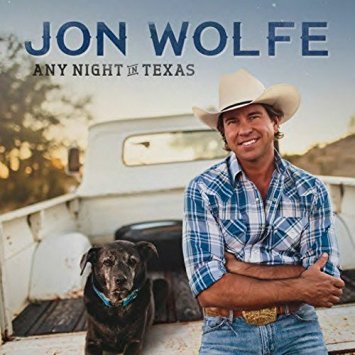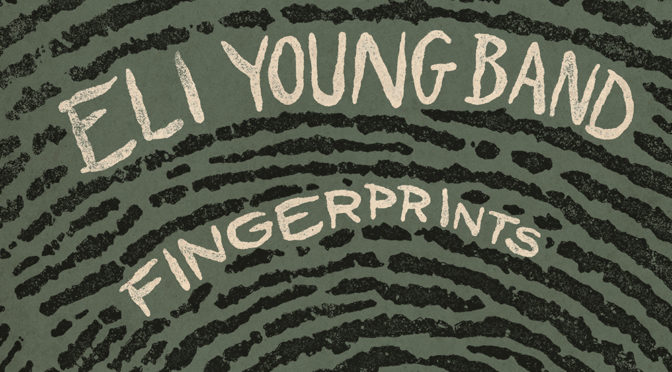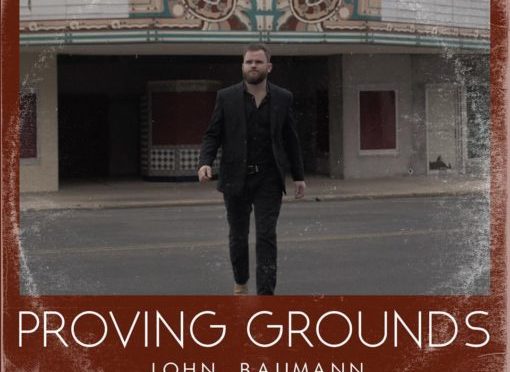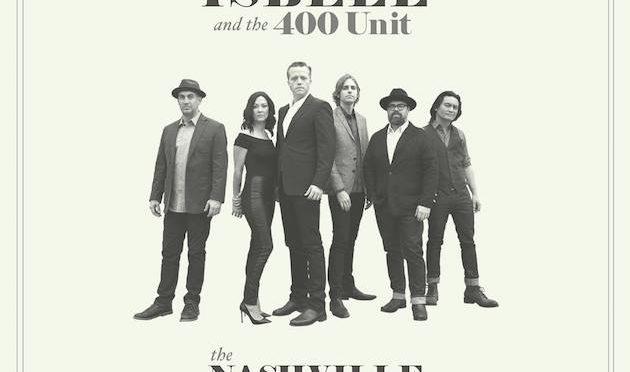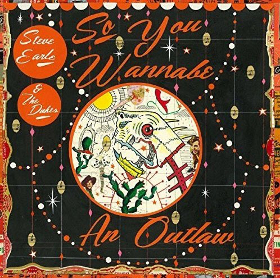Rating: 3.5/10
Remember when I said in Texas, just like Nashville, there are basically two paths? One is the more serious, singer-songwriter path, and the other is the more commercial one, and neither are inherently awful. In fact, I like Aaron Watson’s latest record just fine; that’s a fun, uncomplicated album, and there are a few deeper songs sprinkled in as well. But the point is, I’m not criticizing Jon Wolfe and Any Night in Texas because it’s not some groundbreaking Texas country masterpiece–it’s just that it’s one cliché after another, and instead of being fun and lighthearted, it’s mostly just generic bullshit. And if it came out of Nashville, we’d all be saying so, but since it’s Texas-flavored, we hesitate–but if I’m going to sit here and praise the considerable amount of good pouring out of Texas and Oklahoma, I also can’t ignore the bad that comes with it.
It’s not as if Jon Wolfe hasn’t made safe, commercial-sounding Texas country before, but the amount of moonlit back roads and riding shotgun all over this record would rival that on some of Luke Bryan’s albums–also, I thought bro country had died? And when I said Texas-flavored, just look at the title; “any night in Texas” is perfect here because it’s all the worn-out clichés of mainstream country, plus songs like “Boots on a Dance floor” to make the album more Texan. But just because it’s more Texan, that doesn’t mean it’s more (dare I say it) authentic–just because Wolfe says in the title track that wild kisses on back roads can happen “any night in Texas,” are we supposed to think this is any better or more original than mainstream songs saying the same damn thing? And if we’re not on back roads, you guessed it, we’re in clubs and bars. “Airport Kiss” is essentially a request by this guy in a bar to have his girlfriend make out with him right there as if they were in the airport, or as if he were about to go to war. And then there’s “A Country Boy’s Life Well-Lived,” which wastes some truly great fiddle on pandering lyrics about a hard-working man; we get “cold beer,” “boots,” “American made”–you get the picture.
Sunny Sweeney arrives on the heartbreak song “Drink for Two,” and I felt sure her appearance would save this track. She does make it better, but even this is a little of a letdown; the song is saying that the only good thing about losing each other is that they can now drink twice as much. To be fair to this song, I think it could have been better with more interesting production…and that leads me to my next point.
There’s nothing wrong with making fun songs and albums, and look, clichés aren’t always the end of the world. It’s just that if you’re going for this, you need to make the production lively and interesting, and through most of this record, it’s anything but that. I heard it described as stiff, and that’s a great way to put it; if you’re going to make songs like this, at least do it right. And this goes even more for Texas artists than Nashville artists because Texas artists have such a commitment to live music. I don’t even think these songs would sound interesting live.
So, the brightest spots here are the aforementioned “Drink for Two” and the closer, “Long Song.” I did think sunny Sweeney would have made the former a highlight, but like I said, the production really took that song down. Still, that one is at least more interesting. “Long Song” is another one in a club or a bar, but it’s got a better premise, as the narrator is hoping for more time to spend with this woman, but if it’s their last dance at the end of the night, he at least wants it to be a long song. This one, again, is more interesting, and it tries to go a little deeper than the surface.
There are a couple of other brighter moments on the album too, and right now you might be wondering why I didn’t just feature some of this in “Memorable Songs.” Well, several reasons. One, even the brighter moments are honestly not memorable, and I don’t think I’ll return to any of this. Two, because Texas artists and independent artists should be judged equally with the mainstream, and if this came out of Nashville, we’d all be quick to criticize it. It’s not better just because it came out of Texas. Three, honest criticism from me adds to the validity of my praise of artists within the Texas scene, and when I say John Baumann made a damn good record, you can believe that and not question whether I’m biased toward Texas and Red Dirt music. And finally, and most importantly, because Texas artists can learn a lesson from Nashville; you have freedom to be yourself in the Texas scene, so use it. Don’t try to cater to trends, it usually always fails spectacularly. Be a Jason Eady or be an Aaron Watson, but don’t be something you’re not, especially when you don’t have to in order to please some label–it’s not the lighthearted material on this album that kills it, it’s the clichés, the way it sounds fake, and perhaps most of all, the way Jon Wolfe just sounds bored here. I don’t care what type of artist Jon Wolfe wants to be, but it’s obvious this record isn’t him, and at the end of the day, I just want to hear Jon Wolfe. I wish I heard him on Any Night in Texas, and I’m sorry to say I don’t.
The Decent
The Texas-Flavored Cliché
